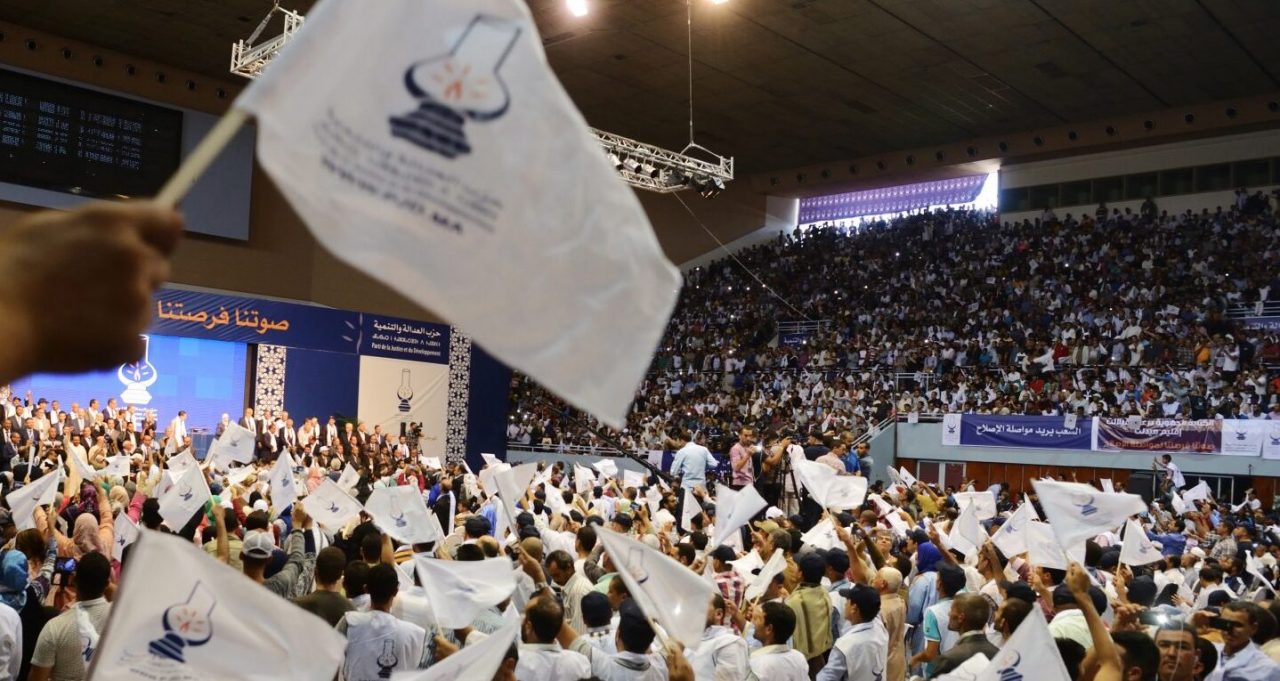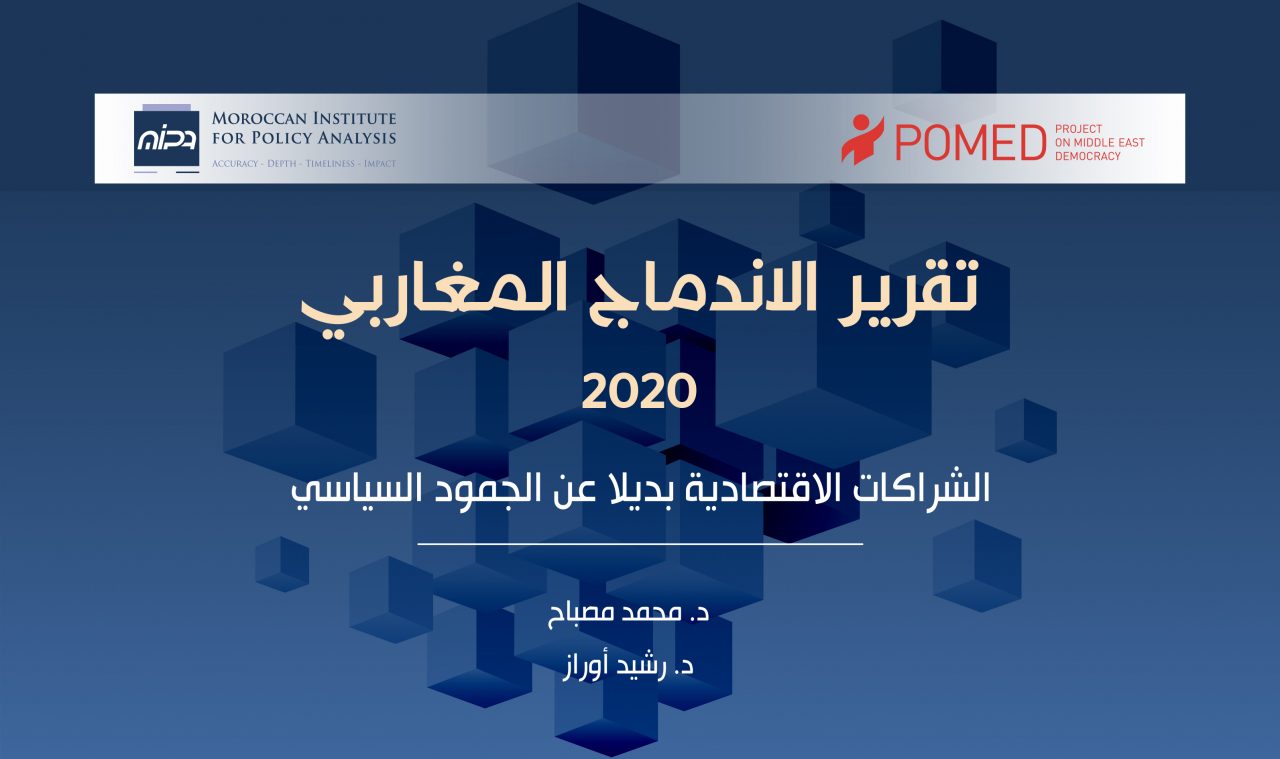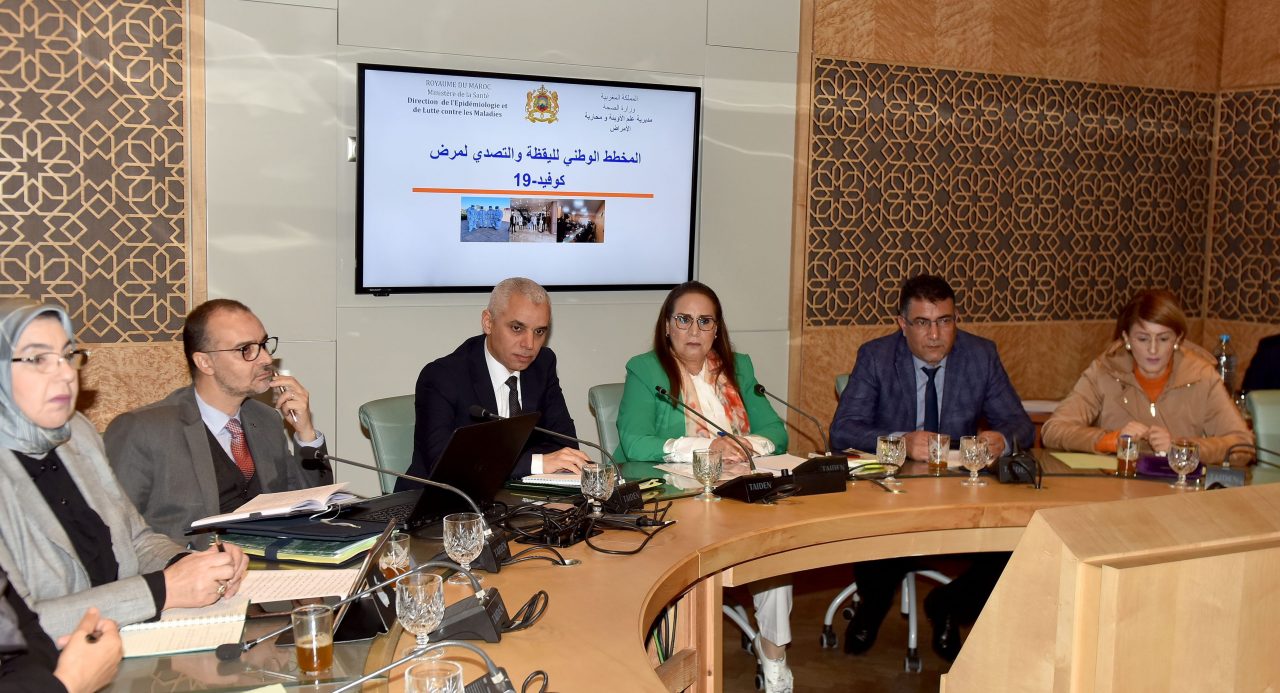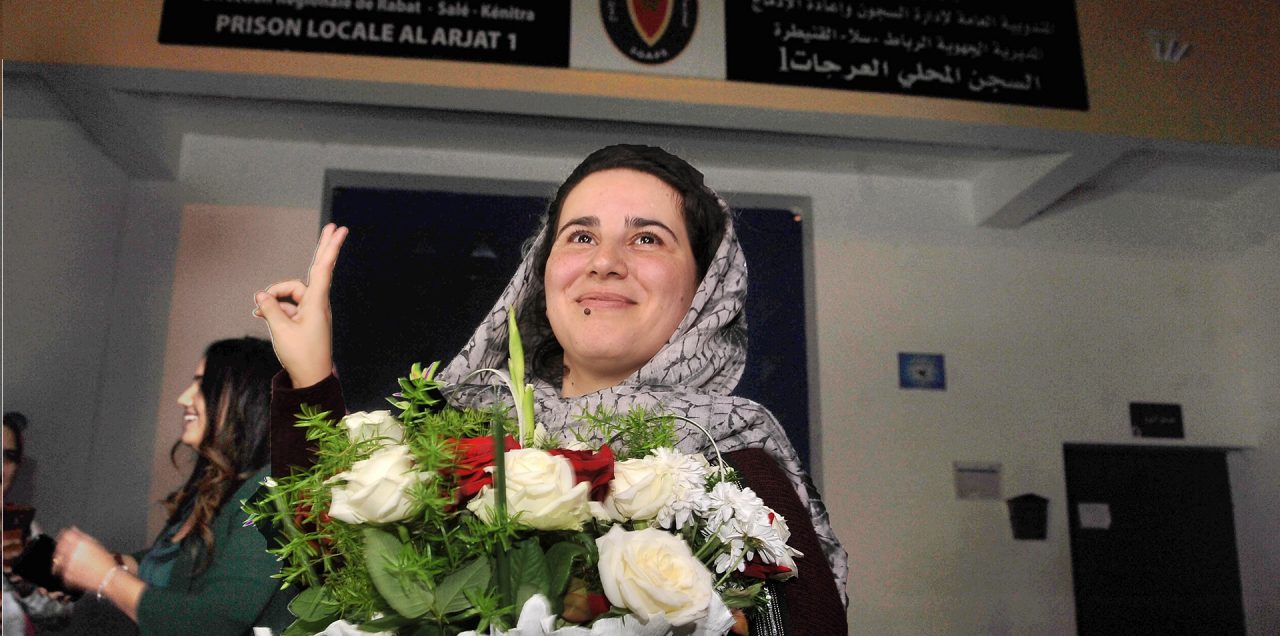This paper argues that putting the parties at the frontline without sufficient capacity to enact deep reforms weakens them as a shield against growing popular frustration.
Mohammed Masbah
Mohammed Masbah is the Founder and President of the Moroccan Institute for Policy Analysis (MIPA). He is a political sociologist whose work centers on public policy, democratization and political Islam, with a focus on North Africa. Dr Masbah is an Associate Fellow at Chatham House in London and adjunct professor at Mohammed V University. He was previously a non-resident scholar at the Carnegie Middle East Center, and a fellow at the German Institute for International and Security Affairs (Stiftung Wissenschaft und Politik, SWP) in Berlin. Dr Masbah obtained his PhD in Sociology from Mohammad V University in Rabat. His dissertation examined the processes of radicalization and deradicalization of Moroccan Salafis since Casablanca bombings in 2003. His recent publications include: Moroccan Jihadists: Local and Global Dimensions, Al Jazeera Centre for Studies, 2021. Trust in Institutions Index 2020, Moroccan Institute for Policy Analysis, 2020. Rise and Endurance: Moderate Islamists and Electoral Politics in the Aftermath of the ‘Moroccan Spring’” in Islamists and the Politics of the Arab Uprisings: Governance, Pluralisation and Contention (Edinburgh University Press, 2018) Contact the author: m.masbah@mipa.institute
أبحاث
Research
Mohammed Masbah, Author at - Page 2 of 2
The Maghreb Integration Report 2020: Economic Partnerships as an alternative for Political Stalemate
COVID-19: How Moroccans view the Government’s Measures?
Under pressure from both Islamist and secular groups - and the wider world - the decision to release a journalist looks like an attempt by Morocco's regime to restore control
This study attempts to shed light on Moroccan Salafis' perception of themselves and their Social and Political Environment.
Morocco’s security-oriented approach to countering violent extremism leaves little room for rehabilitation efforts.
While Moroccan authorities’ crackdown had intimidated protesters, boycotters learned the lessons and chose a different strategy
The protests in the Rif region reflects deep distrust among Moroccans in the government and the political parties
The politicization of Salafis has been conducive to their pragmatism, but also deepened their fragmentation, which will weaken their political influence










